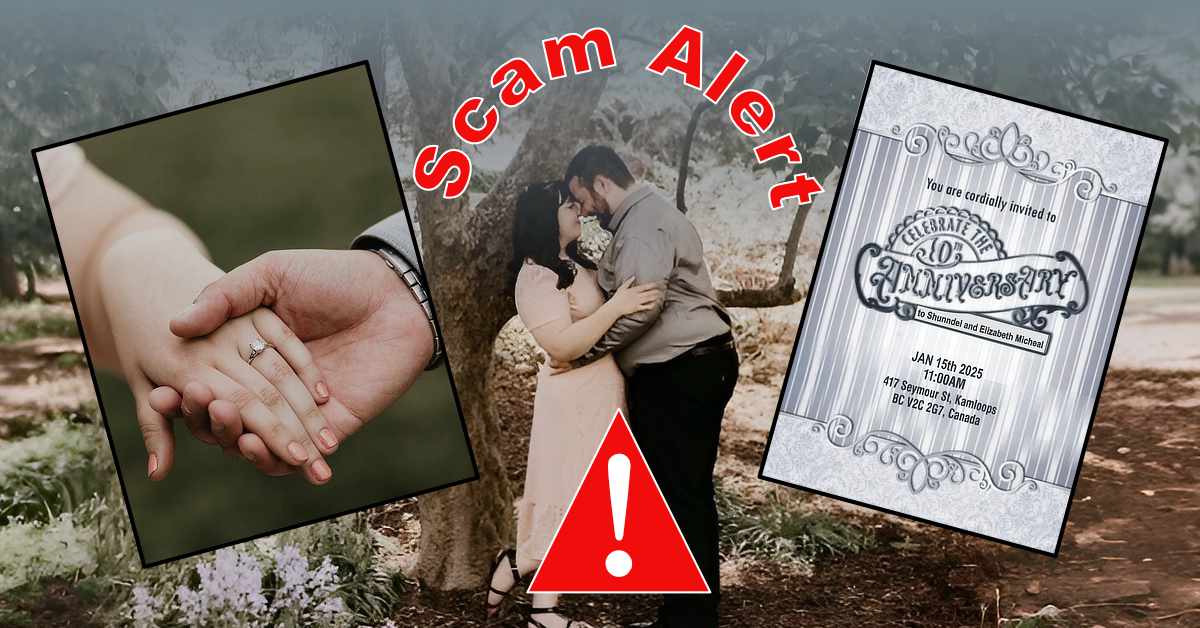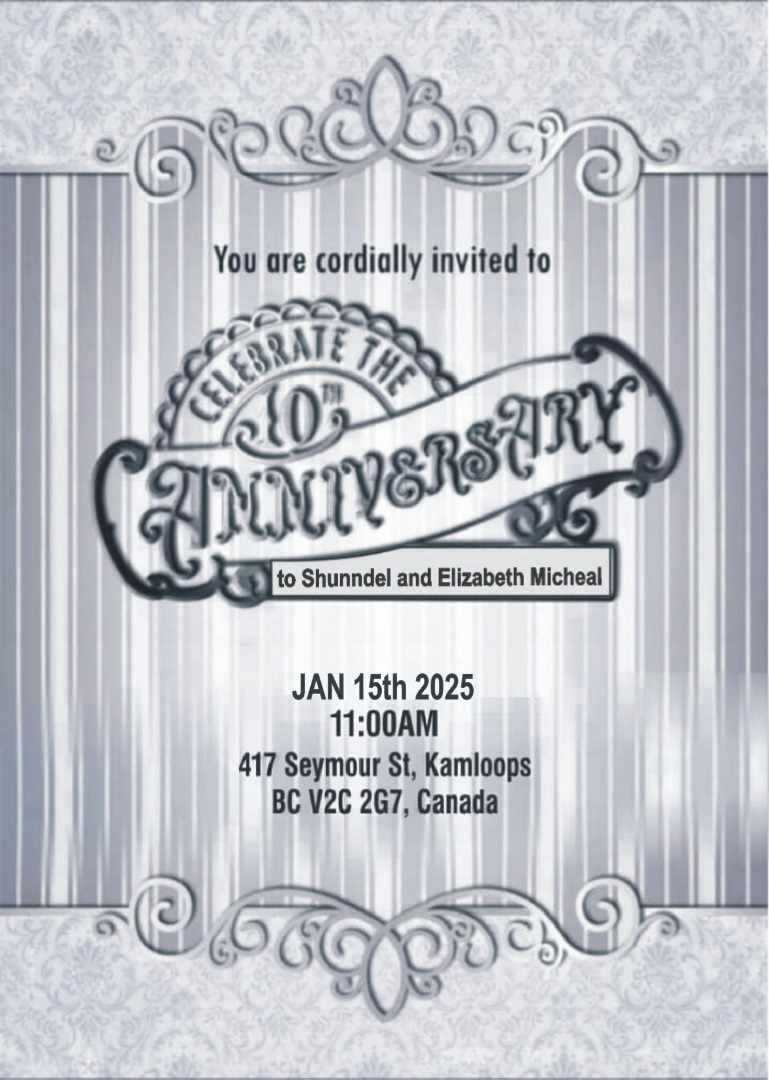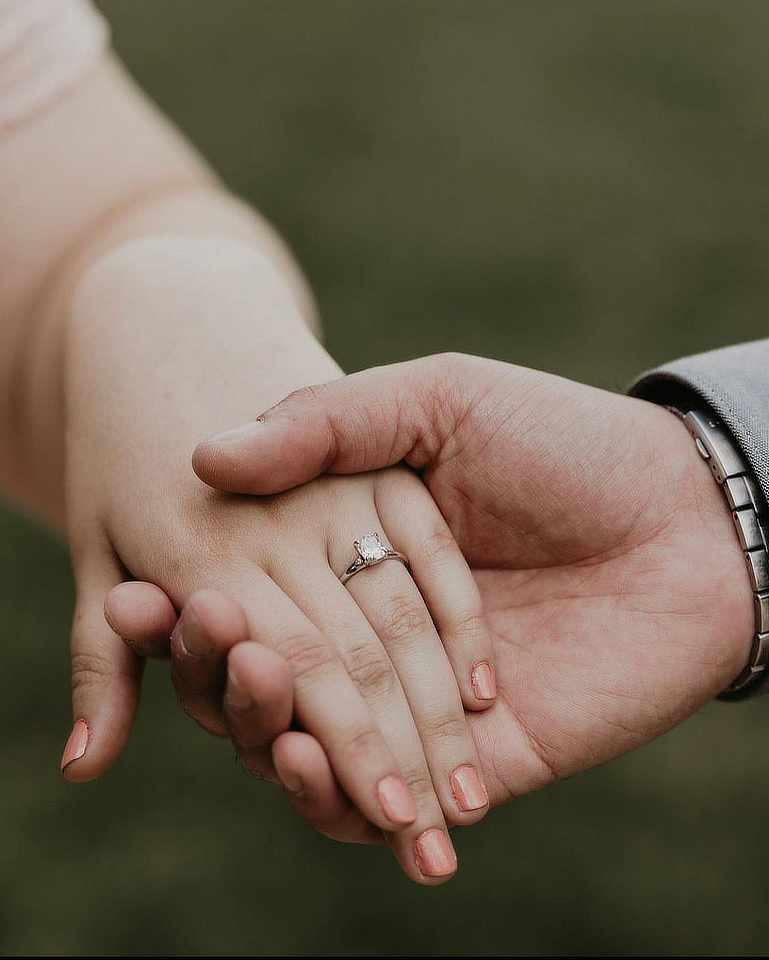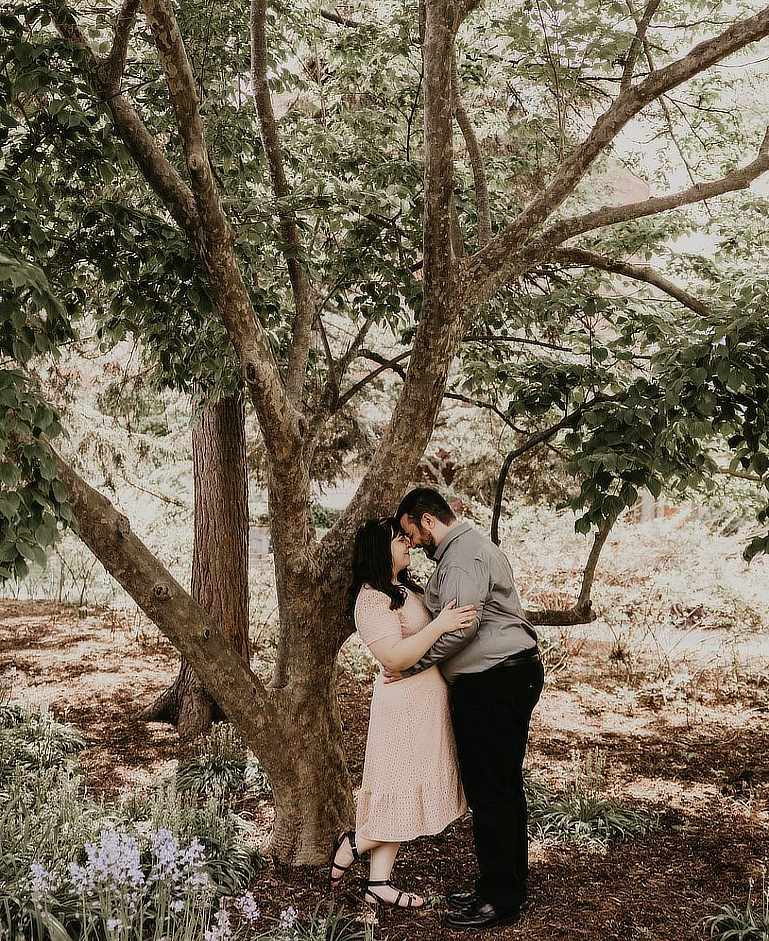The Wedding Anniversary Art Commission Scam: My Recent Experience

I’ve written about the Instagram art commission scam before, but recently, I encountered the email variation of it. This time, the inquiry came from someone claiming to need an illustration for a wedding anniversary party invitation.
After researching on Google and Reddit, I discovered that many others have received the exact same email, complete with identical wording and even two of the three images I was sent. In this post, I’ll share the email messages and images for reference, so you can recognize this scam if it ever lands in your inbox.
The Scam Begins: An Innocent Inquiry
The first message started off innocently enough—a simple question:
“Good day, are you available to work on a wedding design invitation card? My wife and I would be having our 10 years wedding anniversary. We would be glad if you can help us illustrate a pic of ours into the invitation card. Just in case you are not available, you can refer anyone else to us too. We will be looking out for your reply as soon as possible so I can send more details.”
While the grammar was off, there was no immediate urgency or overly suspicious requests. Curious, I replied:
“Thank you for your interest! Let’s discuss the details.”
What followed raised my suspicions.
The Response: Details That Don’t Add Up
Here’s the scammer’s reply to my response:
“Thanks for getting back to me regarding this project. We are more interested in a drawing with a realistic feel. As mentioned earlier, we already have a lovely design of an IV card made for us by a Graphic Designer, but we thought of illustrating one picture from our wedding ceremony, as it brings back great memories.
I’ve attached some pictures in the email, and a PDF file of the IV Card. I believe you will be able to create something nice based on your level of creativity as an Illustrator.
If you don’t mind, I’d love the delivery date/deadline for the submission of the designs to be no later than 27th of December 2024. Also, I’ve already made an arrangement with a printing company to handle the finished work and have them delivered to me.
Do let me know if this project is doable for you within the above-stated deadline, and my budget for this project is $450.
Please kindly share your number, I’ll find some time to call you.
Looking forward to hearing from you.
Sorry less I forget I found your profile on LinkedIn.”
And here are the image attachments starting with the blurry invitation card:



Spotting the Red Flags
At first glance, this message seemed reasonable, but a closer look revealed inconsistencies:
AI-Generated Text?
The overly formal phrasing, odd grammar, and repetitive wording felt unnatural, raising my suspicions that it might be AI-generated. Especially when compared to the first message.Unprofessional Attachments
Despite claiming a designer had already created the invitation, the “attached PDF” was a low-quality JPEG. No professional graphic designer would send such a blurry, poorly formatted file.Mismatched Details
Using Google Lens, I found the same wedding photo and invitation design posted on a Reddit thread discussing this scam. The names on the card were different from those in my email.No Online Presence
The sender, “Michael Shunndel,” claimed to have found me on LinkedIn, yet I couldn’t find a single trace of him online—not on LinkedIn, nor anywhere else. This is highly unusual in the digital age, especially if someone is reaching out through social media or email.
A Phishing Scam Targeting Artists
After piecing everything together, it became clear this was a phishing scam targeting illustrators and artists. While I didn’t continue corresponding, others who fell for it reported the following:
- The scammer offers to send payment via cheque, which will inevitably bounce if it’s sent at all.
- They request personal information, including your phone number, email, and possibly your mailing address (to send the “cheque” to).
Had I continued engaging, they likely would have asked for more sensitive information under the guise of “finalizing details” for the project. In this case, it seems like he’s after information rather than money.
Lessons Learned: Always Trust Your Gut
If something about an inquiry feels off, trust your instincts. Here are some steps to protect yourself:
Do Your Research
Always vet anyone who contacts you. A quick Google or reverse image search can expose scams.Check for Red Flags
Poor grammar, mismatched details, and unprofessional attachments are often signs of a scam.Guard Your Information
Never share sensitive details like your phone number or address unless you’ve verified the client.Ask Questions
Scammers often fail to answer specific questions convincingly. Use this to test their legitimacy. This is what I did in this case. As soon as I started asking questions about the red flags I found, “Michael” immediately ghosted me.
Scams like these waste time and could potentially expose your personal information. By staying vigilant and trusting your instincts, you can avoid falling victim to them.
Have you encountered this or a similar scam? Share your experiences in the comments below to help others spot the warning signs!






4 Comments
Elle · May 3, 2025 at 9:50 am
Thank you for sharing! I just received this email this morning from a Michael Tyson. That name alone raises an eyebrow. 😂
I hope you’re doing well. I wanted to check if you’ll be available to work on the wedding anniversary invitation illustration design,I got your contact details on behance
Please let me know if you’re available so we can discuss the details further, and I’ll be happy to send over more information to your email.
Looking forward to hearing from you!
Best regards,
Mike
Teresa Cowley · May 6, 2025 at 4:49 pm
You’re welcome! Thank you for adding the message you received! Yes, using a celebrity name is definitely a red flag. It just amazes me that scammers think using a famous person’s name is going to help them pull off their tricks, haha.
Trevor Keen · February 3, 2025 at 4:35 am
I got the same email this past weekend. Thanks for the heads-up. Found your site because the images looked familiar, and the sender was asking where I bank and requested a weird payment method.
Teresa Cowley · February 3, 2025 at 4:36 pm
You’re very welcome! Seems like they’re going after more and more information. I’m glad the post helped! That’s why I cover scams as much as I can. The more we know, the better!